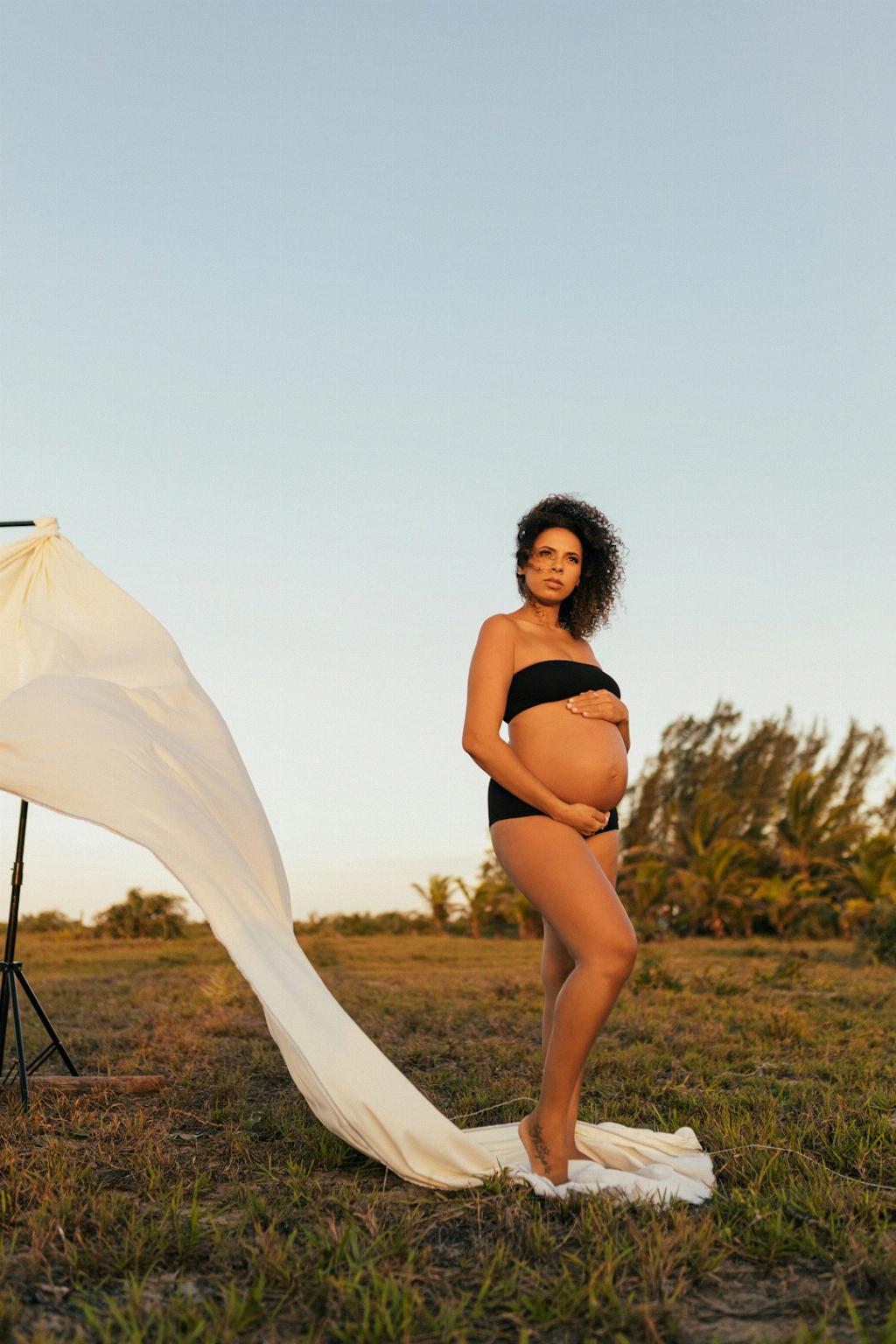Urticaria, commonly known as hives, can be a bothersome skin condition for anyone, let alone a pregnant woman. With the key elements of pharmacotherapy for chronic urticaria involving H1 antihistamines, determining the appropriate treatment during pregnancy becomes crucial.
When it comes to treating urticaria during pregnancy, one of the main considerations is the use of antihistamines. It is important to note that antihistamines are among the most frequently prescribed medications during pregnancy. In fact, around 15% of pregnant women opt for antihistamines during their pregnancy, with a higher prevalence during the first trimester.
Choosing the right antihistamine for urticaria treatment during pregnancy is essential. While H1 antihistamines are generally considered safe, it is recommended to consult with a healthcare provider before starting any medication regimen. They can provide guidance on the most suitable antihistamine based on individual circumstances.
In addition to antihistamines, other non-pharmacological measures can also help alleviate urticaria symptoms during pregnancy. Avoiding known triggers, such as certain foods or environmental factors, can play a significant role in managing the condition. Maintaining proper skincare and using soothing lotions can also provide relief.
For pregnant women dealing with urticaria, managing stress levels is crucial. Stress can often exacerbate skin conditions, including hives. Engaging in relaxation techniques, such as yoga or meditation, can help reduce stress levels and potentially improve urticaria symptoms.
It is crucial for pregnant women experiencing urticaria to maintain open communication with their healthcare provider throughout the treatment process. Regular check-ins can help assess the effectiveness of the treatment plan and make any necessary adjustments to ensure the well-being of both the mother and the baby.
While treating urticaria during pregnancy, it is important to prioritize the safety and health of the unborn baby. Any medication or treatment plan should be carefully evaluated by a healthcare professional to minimize potential risks and ensure the best possible outcome for both the mother and the child.
In cases where urticaria symptoms persist or worsen during pregnancy, further evaluation may be necessary. A healthcare provider may recommend additional tests or consultations with a specialist to determine the underlying cause of the condition and explore alternative treatment options.
Pregnant women should also be mindful of the potential side effects of antihistamines on both themselves and their developing baby. Understanding the risks and benefits of medication usage is essential in making informed decisions about the treatment of urticaria during pregnancy.
Overall, while managing urticaria during pregnancy may present challenges, with the right approach and guidance from healthcare professionals, it is possible to effectively address the symptoms and ensure a healthy pregnancy. By considering all available treatment options and making informed choices, pregnant women can prioritize their well-being and that of their baby.

